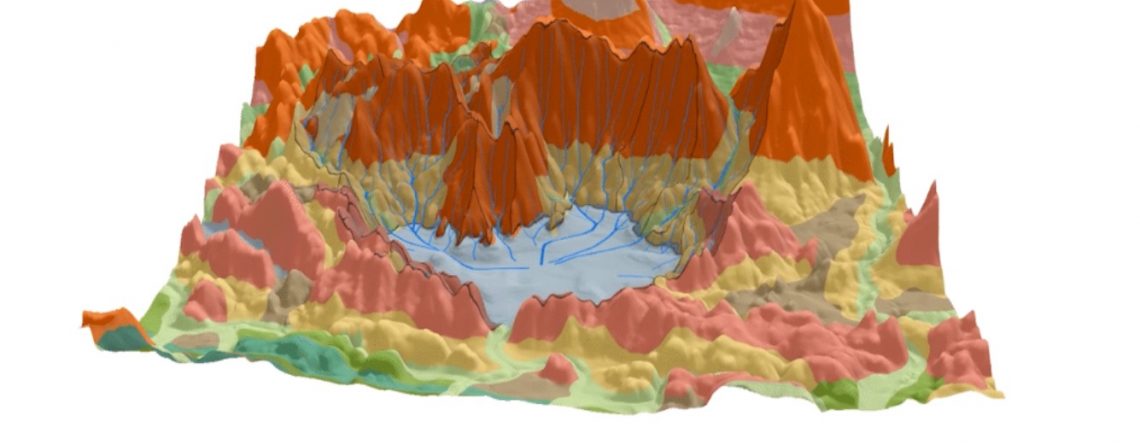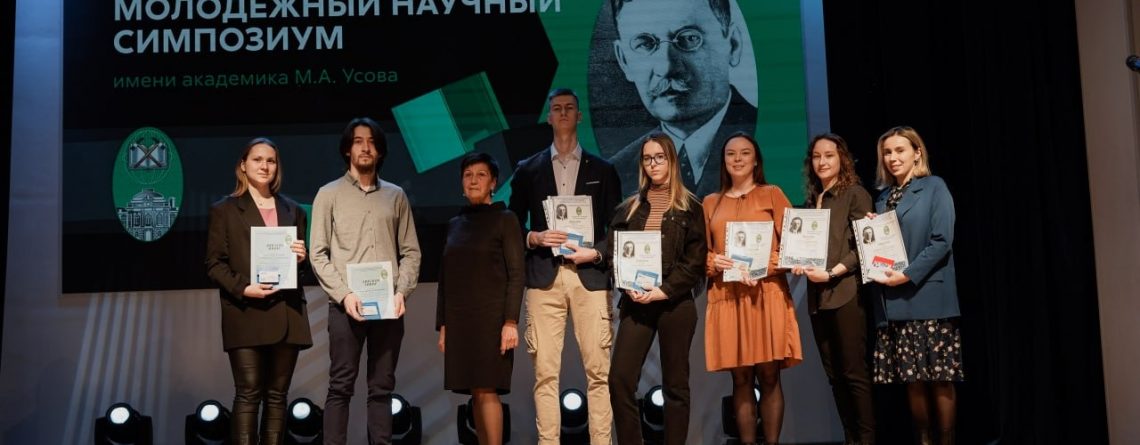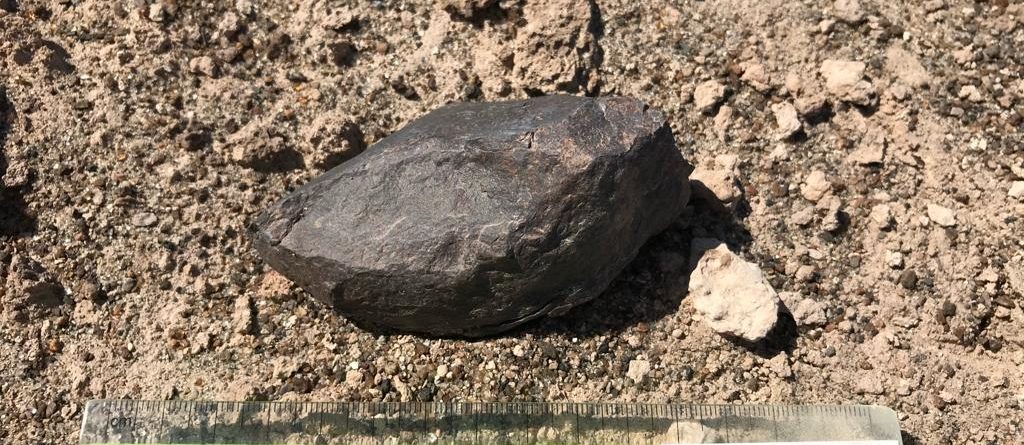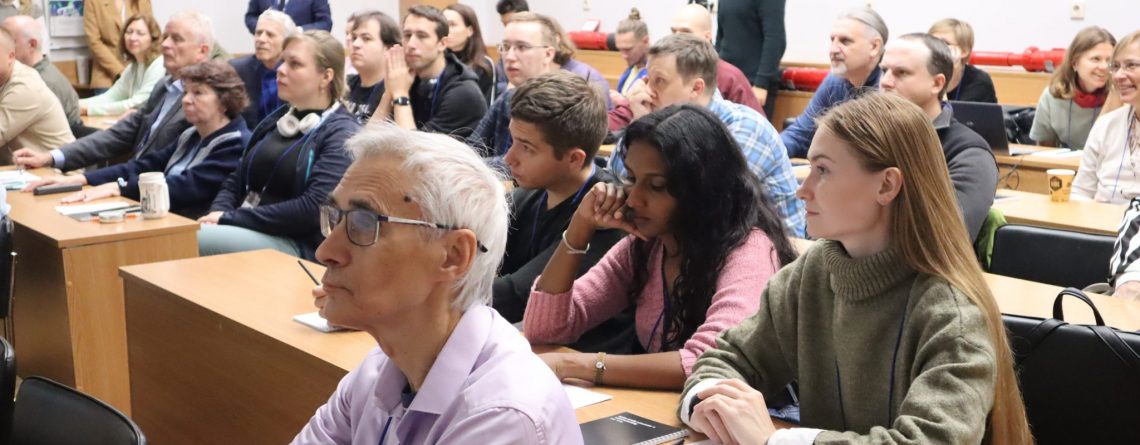Digital model of Turgoyak Lake presented in new paper
Scientists have created a digital model of Lake Turgoyak, "Baikal's little brother," located in the Southern Urals. The new scientific data is presented in Georesursy. "Lake Turgoyak is a unique natural feature and one of the largest reservoirs of drinking water in the Southern Urals. It is prized for the purity and transparency of its water. The...





